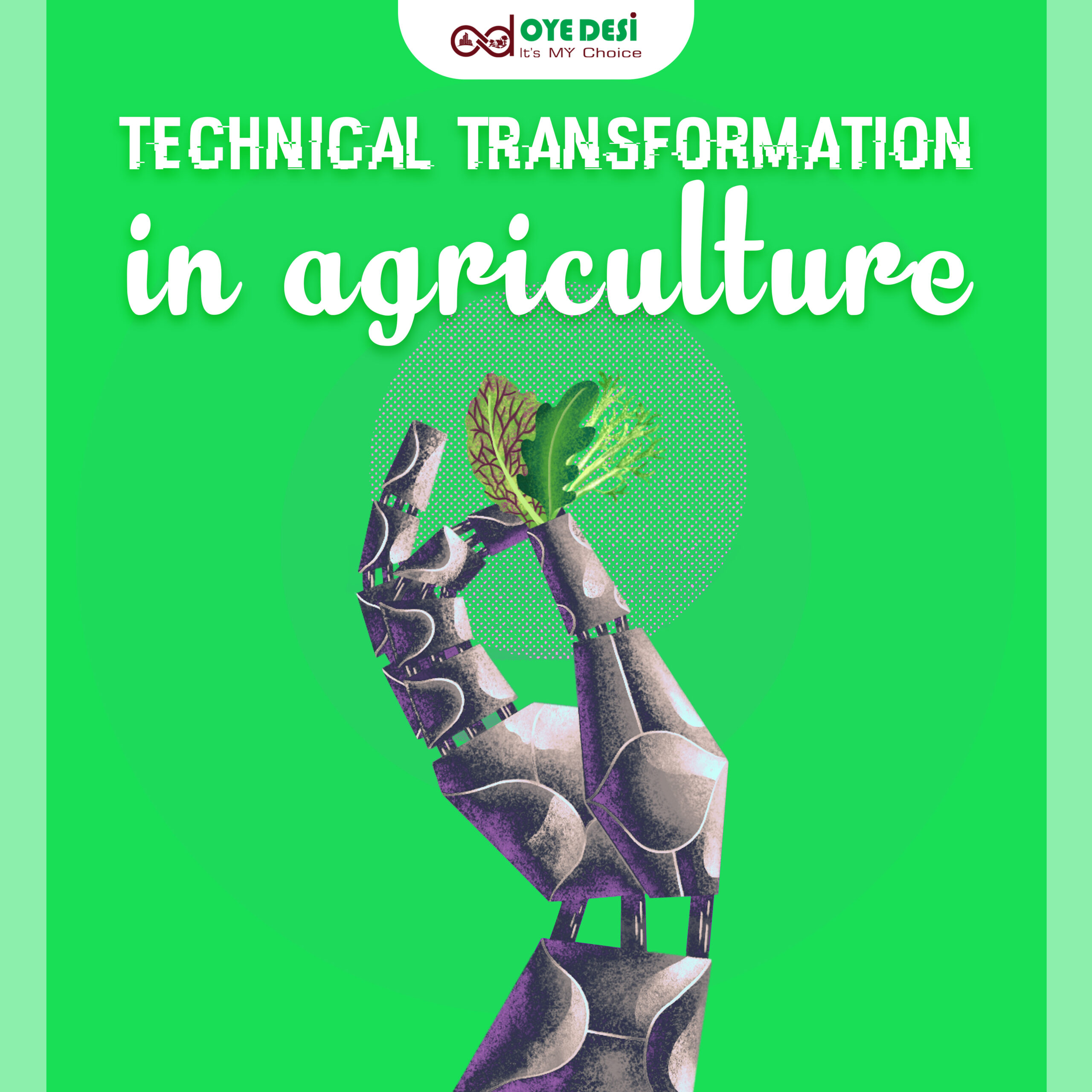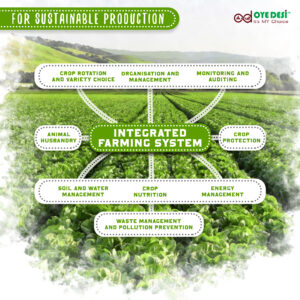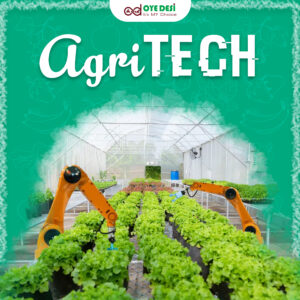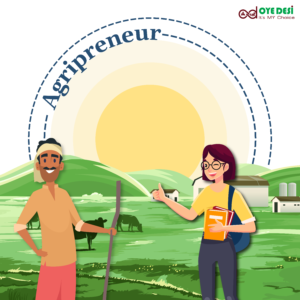
The agriculture industry has changed dramatically during the previous 50 years. Farm equipment’s scale, speed, and productivity have all increased as a result of technological developments, allowing for more efficient cultivation of more land. Seed, irrigation, and fertilizer quality has also increased significantly, benefiting farmers in raising yields. Sophisticated technologies such as robotics, temperature and moisture sensors, aerial photographs, and GPS technology are commonly employed in today’s agriculture. Businesses may be more profitable, productive, safe, and environmentally friendly thanks to these cutting-edge gadgets, precision agriculture, and robotic systems. Farmers can grow a significant amount of food in the shortest amount of time feasible because to the usage of contemporary technologies in agriculture. Agriculture benefits from this type of technology because it fosters better and more efficient farming practices. Modern farming technology is used by farmers to improve a wide range of production techniques.
In the previous two decades, technological uses in the Indian agricultural sector have steadily increased. Farm mechanization has taken the lead in this shift, which is allowing farmers to earn more money. Other aspects of agriculture were also seeing technological advancements. Micro irrigation, biotechnology, soil health cards, mobile money, and the use of mobile phones in various agricultural operations have all established themselves in India. Furthermore, remote sensing drones, the global positioning system (GPS), weather mapping, and digitized mapping, among other technologies, are increasingly widely used in the field.
Farmers in India face a slew of issues, including unreliable monsoons, high agricultural input costs, and limited access to credit, low output prices, insufficient market access, and a slew of other issues. In such difficult circumstances, technology can be a huge help. Not only has the sector accepted farm mechanization, but it has also broadened its horizons to include advanced technology capable of bringing about change.
In certain circumstances, farmers don’t know what to cultivate or how to grow it utilizing technology, in these scenarios, Oyedesi takes the initiative and empowers farmers accordingly, and it focuses mostly on organic farming. Farmers are taught by Oyedesi how to raise farm fresh organic vegetables and fruits without the use of toxic pesticides. Farmers that don’t know which crop to plant in which season may accidentally plant a crop that isn’t suitable for that season, resulting in losses. In such instances, Oyedesi advises farmers to use chemical-free multi cropping since if a farmer loses money in one crop, he may be able to make profit in another. Natural fruits and vegetables provide more protein, vitamins, and minerals because they are non pesticide products. Organic vegetables, fruits, and groceries are procured straight from farmland, and daily fresh foods are delivered to customers’ doorsteps with express delivery options, allowing them to enjoy their daily needs while ordering through an online application.







No comment yet, add your voice below!